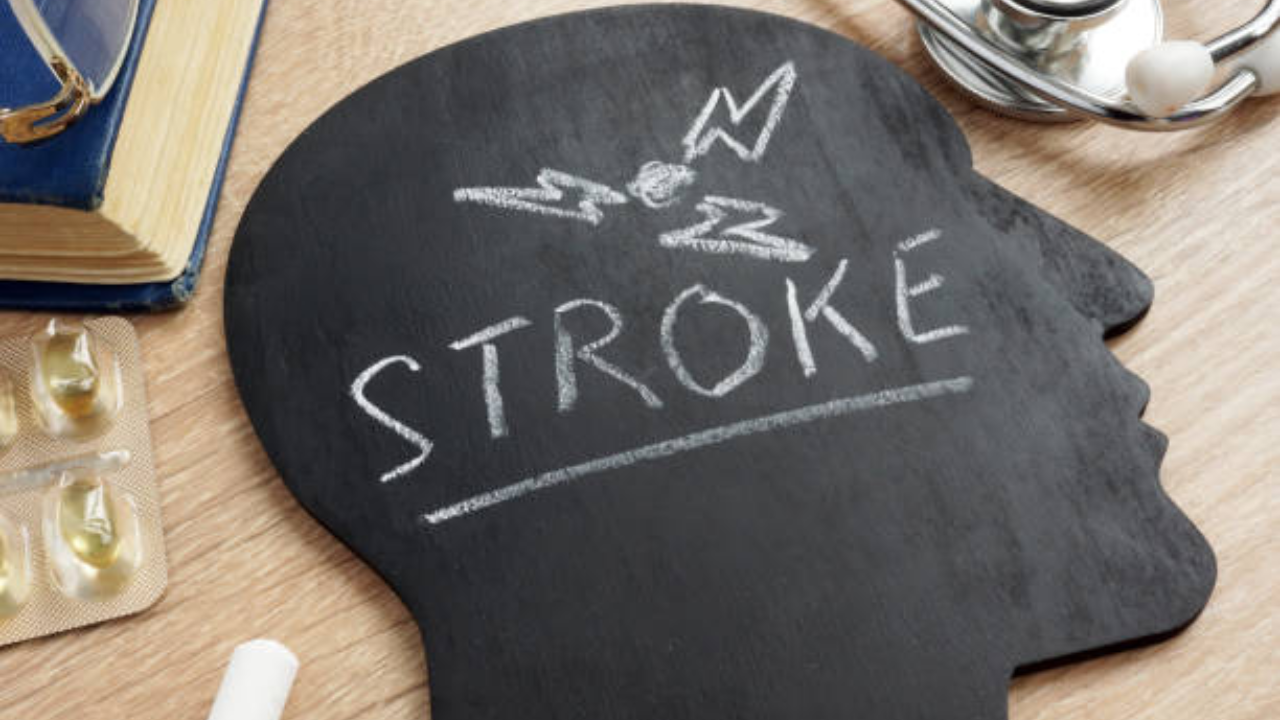
GROWING STROKE CASES IN TELANGANA: ALL ABOUT THE CAUSES, TREATMENT, AND THE NEED FOR REHABILITATION POST-STROKE
In the past few years, awareness around stroke has increased, especially because known personalities have been diagnosed with the condition. Globally, stroke is among the top five causes of significant long-term impairment, and it occurs when blood flow to the brain is restricted due to a blockage or a ruptured blood vessel.
Rising stroke cases in Telangana
Recent data indicate a disturbing trend of growing stroke incidence in Telangana. Stroke is currently the fourth largest cause of death in India, and Telangana is no exception. Telangana sees a higher rate of hemorrhagic strokes (caused by bleeding in the brain) compared to ischemic strokes (caused by a blood clot). However, despite this high prevalence, there is a significant need gap in neurorehabilitation for post-stroke recovery.According to a study published in The Lancet Global Health in July 2021, stroke was the largest contributor to neurological disorder DALYs in India in 2019, accounting for 37.9% of the disabilities. This highlights the urgent need for early intervention, comprehensive care, and effective prevention efforts to reduce its long-term effects on individuals and the Telangana healthcare system.
Recognizing the warning signs of stroke
One can recognize the warning signs of a stroke using the acronym “FAST” which stands for Face drooping, Arm weakness, Speech difficulty and Time. The other common warning signs include:- Sudden numbness in the face, arm, or leg, typically on one side of the body
- Experiencing sudden confusion, speech issues, or difficulty in comprehending
- Sudden difficulty seeing from one or both eyes
- Having trouble walking, dizziness, loss of balance, or coordination
- Sudden acute headache with unknown reason
- Difficulty moving on one side of the body
Causes and preventive measures
Stroke is caused by multifaceted reasons which include both medical and lifestyle factors. Uncontrolled high blood pressure, excessive use of blood thinners, aneurysms, trauma, and bad lifestyle choices such as smoking, alcohol consumption, poor food choices, and lack of exercise increase the risk of stroke. Taking preventative steps is important in lowering the risk of strokes.Relaxation practices such as yoga and meditation can help regulate stress levels
Regular monitoring of cholesterol and blood pressure is crucial as high blood pressure is a major risk factor for stroke.High blood pressure is a significant risk factor for stroke. Consult your doctor about ways to monitor and manage your blood pressure using lifestyle modifications and, if required, medicines.
Diabetics are more likely to suffer a stroke. Maintain normal blood sugar levels by eating healthy, exercising, and taking medicine as prescribed by your doctor
Smoking damages blood arteries and increases the likelihood of blood clots, leading to a higher risk of stroke. Excessive alcohol use also elevates blood pressure and can lead to health problems that make strokes more likely
Neuro rehabilitation: Road to optimal recovery
Rehabilitation is critical for recovery since it promotes strength, capability, and confidence. Adopting cutting-edge technology-driven therapies that make use of robotics, virtual reality, artificial intelligence, and other advanced techniques can help with rehabilitation. However, working with a skilled neurorehabilitation specialist is essential for accelerating development in a safe environment. It is also crucial to appreciate small wins of progress achieved on the road to recovery.Some of the key therapies are:
Physical therapy (PT) helps improve strength, balance, coordination, and mobility. Exercises, gait training, and the use of assistive equipment are among the techniques employed.Occupational Therapy (OT) enables patients to conduct everyday tasks independently. This involves self-care instruction, household management, and home environment adaptation.
Speech and Language Therapy treats communication impairments and swallowing challenges. It improves voice clarity, linguistic proficiency, and cognitive communication ability.
Cognitive Rehabilitation Therapy aims to restore cognitive capabilities such as attention, memory, executive function, and problem-solving.
Psychological counselling helps patients cope with emotional and psychological issues during stroke rehabilitation, including anxiety, sadness, and adjustment disorders.
Stroke victims and their families frequently expect a quick recovery and become overwhelmed when setbacks occur. Coping with rapid changes in physical abilities and lifestyle may be emotionally draining, and setbacks like despair and a lack of family support can have an even greater negative influence on a patient's health. Many stroke survivors suffer from sadness, dejection, anxiety, and low self-esteem. Transitioning from an autonomous, energetic lifestyle to one with constraints can cause emotions of loss and dissatisfaction. As a result, it is critical to focus equally on patients' mental health in order to increase the efficacy of rehabilitation efforts. Thus, with the right support and timely intervention, stroke patients can achieve significant improvements in quality of life.
(Author: Dr Vijay Battina, Center Head, Atharv Ability - Neurological Rehabilitation Center (Hyderabad))